A JNCI monograph on Engaging Older Adults in Cancer Clinical Trials Conducted in the National Cancer Institute Clinical Trials Network is available now. The articles, developed through working groups formed for an NCI… Learn more
POSTED: 12/21/2022
SOURCE: DCP News
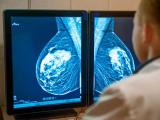
This month’s Research Highlights focuses on provider and patient beliefs about mammogram screening frequency, and separately, provider barriers to engaging in shared decision-making with high-risk patients about the use of… Learn more
POSTED: 11/28/2022
SOURCE: Cancer Prevention Science Blog
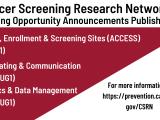
The National Cancer Institute Division of Cancer Prevention has released three Funding Opportunity Announcements to accept applications to create the Cancer Screening Research Network (CSRN). The CSRN will conduct rigorous… Learn more
POSTED: 11/21/2022
SOURCE: DCP News
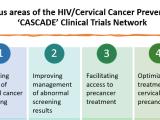
Cervical cancer can be prevented by HPV vaccination and by screening for and treating precancerous lesions. Yet, millions of women globally remain at high-risk for developing cervical cancer. This is especially true for… Learn more
POSTED: 11/14/2022
SOURCE: Cancer Prevention Science Blog
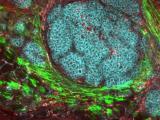
This issue of Research Highlights focuses on how cells progress to become breast cancer, and separately, how breast cancer may spread. Understanding these transitional moments can help researchers keep invasive cancer from… Learn more
POSTED: 10/24/2022
SOURCE: Cancer Prevention Science Blog
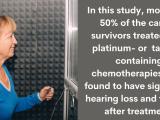
More than half of cancer survivors who were treated with chemotherapy for the four most common types of cancer experienced clinically significant hearing loss and tinnitus after treatment, according to new research.
POSTED: 9/27/2022
SOURCE: Cancer Prevention Science Blog

As we embark on year 4 of ULACNet, this issue highlights successes & opportunities, considers how we respond to the community voice in study recruitment, discusses community participation in ULACNet-201 trial recruitment… Learn more
POSTED: 9/23/2022
SOURCE: DCP News

Recruitment has begun for a clinical study that investigators hope will move “liquid biopsy” technology closer to its still-distant goal: a single blood test for the early detection of cancer. Collectively known as multi-… Learn more
POSTED: 9/15/2022
SOURCE: Cancer Prevention Science Blog

Research Highlights are a new type of blog for Cancer Prevention Science, where recent publications are highlighted rather than a traditional news story.
POSTED: 8/24/2022
SOURCE: Cancer Prevention Science Blog

In 2012, Patricia Ganz, M.D., saw a 39-year-old cancer survivor for a consultation who had a long-term history of anxiety during medical visits. The woman had been diagnosed with Hodgkin lymphoma when she was 23 years old.
POSTED: 8/10/2022
SOURCE: Cancer Prevention Science Blog
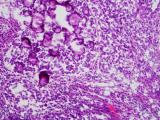
Unlike many other cancers, the incidence and death rates for uterine cancer are rising. Rates of new uterine cancer cases have risen 0.6% per year from 2010-2019, and death rates have risen an average of 1.7% per year for… Learn more
POSTED: 6/28/2022
SOURCE: Cancer Prevention Science Blog
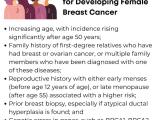
In the era of personalized medicine, prevention and screening for breast cancer are evolving toward new approaches that assess each woman’s risk and lifestyle factors. All women do not carry the same risk for the same type… Learn more
POSTED: 5/6/2022
SOURCE: Cancer Prevention Science Blog
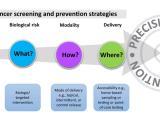
Overall, cancer death rates in the United States have been declining about 2% per year, current SEER data from 2014 through 2018 show. However, these improvements have not been experienced equally by everyone, which is one… Learn more
POSTED: 4/18/2022
SOURCE: Cancer Prevention Science Blog

